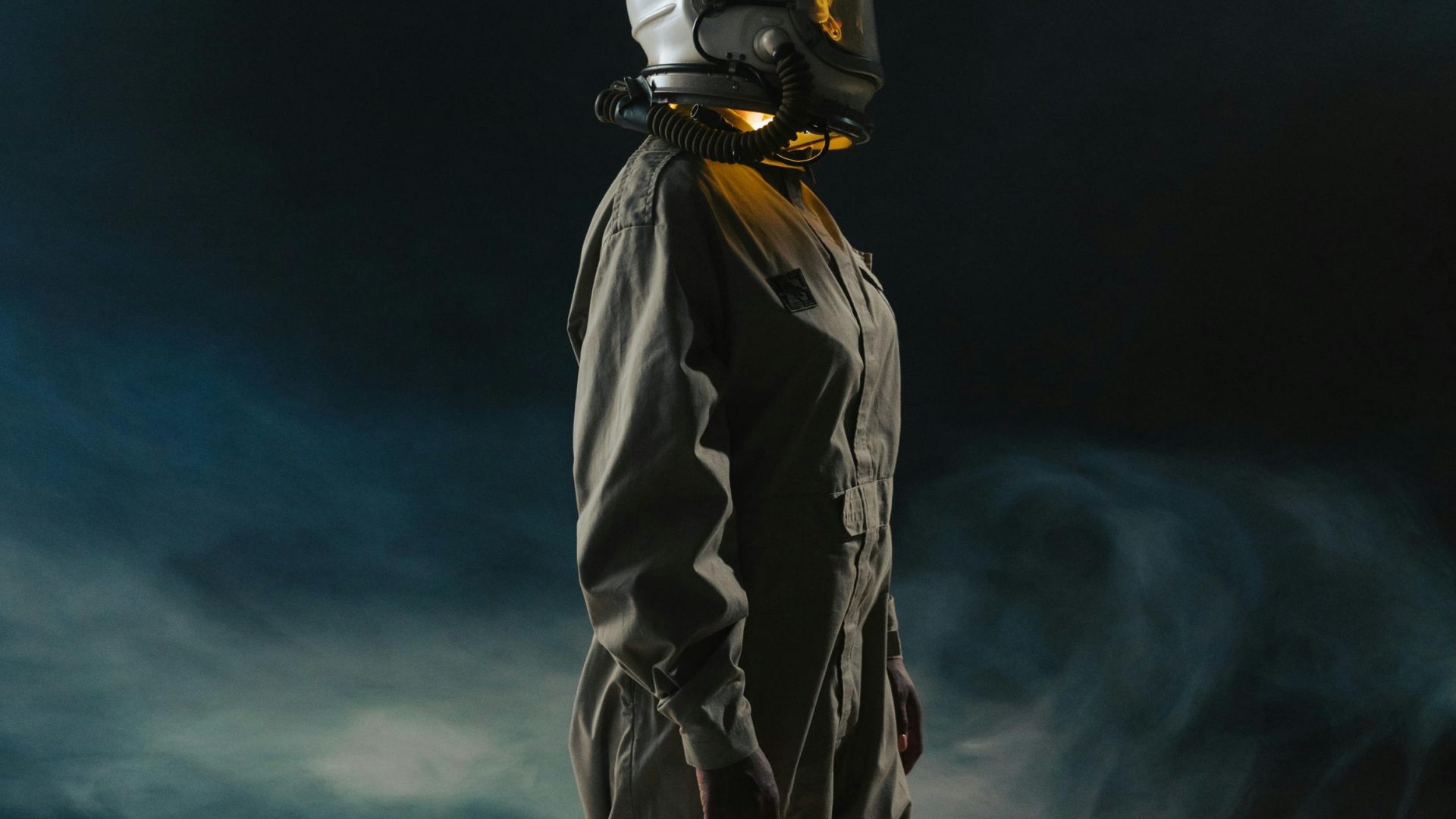They Are Us
Imagine if we stumbled upon a planet populated by Neanderthals. Would we choose to reveal our existence to them? How would they react to witnessing our spacecraft soaring across the sky? Can you picture how our language and communication would sound to their ears? Would we “abduct” them, administer tests with needles, and then safely return them once we were finished? Might we even use anesthetics to ensure they wouldn’t retain any memories of the experience? If they were to share their story, would they be dismissed as “crazy”? Would our motivations for studying them be rooted in their benefit or purely our own interests? Our everyday technology would undoubtedly challenge their understanding of the world.
In many ways, we would likely treat them like the Grays—or any other unidentified beings that we believe have interacted with us. Countless interactions, both big and small, would mirror those we have with such entities. For example, they might notice our physical similarities and inevitably remark on the contrast between our hairless bodies and their own. The shape of our noses and heads would surely seem peculiar to them.
What insights could we gain about ourselves by examining them? We wouldn’t have to rely on fragmented bones dating back thousands of years to piece together our origins, evolution, and social behaviors.
Perhaps we should consider redefining NHI as AHI—Advanced Human Intelligence.

Your post raises some thought-provoking questions about the ethics and implications of interacting with an intelligent species like Neanderthals. If we were to encounter a Neanderthal civilization, it’s fascinating to consider how the dynamics of power, knowledge, and empathy would play out.
The concept of whether we should disclose our presence and how we might choose to interact with them opens up a compelling moral dialogue. Would we be justified in studying them under the guise of “scientific curiosity,” or would that mirror the exploitative behaviors we’ve seen in our own history with less advanced societies? The idea of using anesthetics or other means to “study” them without their consent raises serious ethical questions about autonomy and respect for beings with their own forms of intelligence and culture.
It’s intriguing to contemplate the similarities we might share, both biologically and socially. Perhaps recognizing those similarities could foster understanding rather than exploitation. In many ways, it could serve as a reminder of our own humanity and the responsibility we carry toward other sentient beings.
Your suggestion of rebranding NHI (Non-Human Intelligence) to AHI (Advanced Human Intelligence) is an interesting twist. It emphasizes that intelligence exists on a spectrum, and our definitions need to be flexible enough to encompass a broader understanding of what it means to be “advanced.” The potential for mutual understanding and learning could be profound, helping us not only to understand our ancient ancestors better but also to reflect on our own society and behaviors.
Ultimately, the scenario you describe forces us to confront our own values and the ethical frameworks we operate within. It’s a rich topic that challenges us to think deeply about how we treat others, regardless of how advanced they may be.